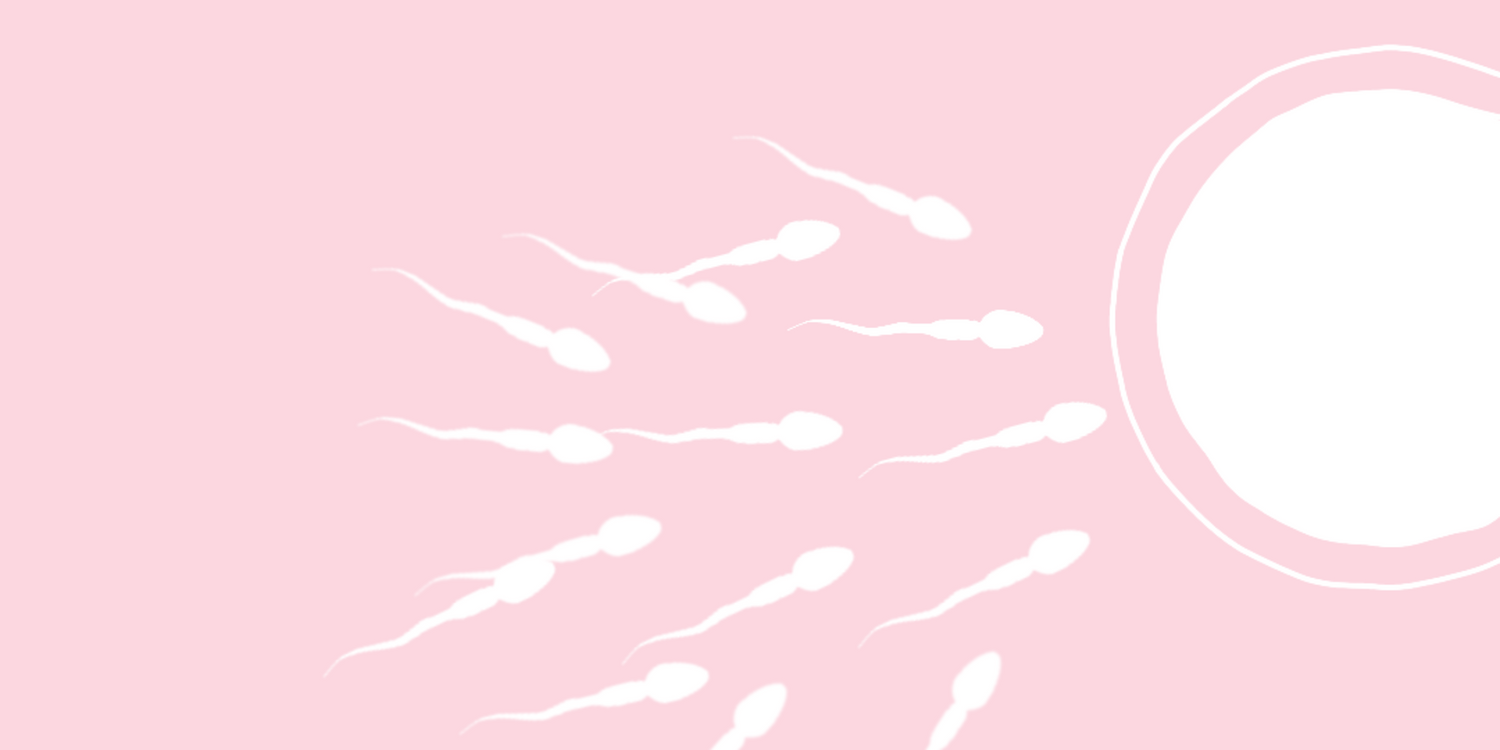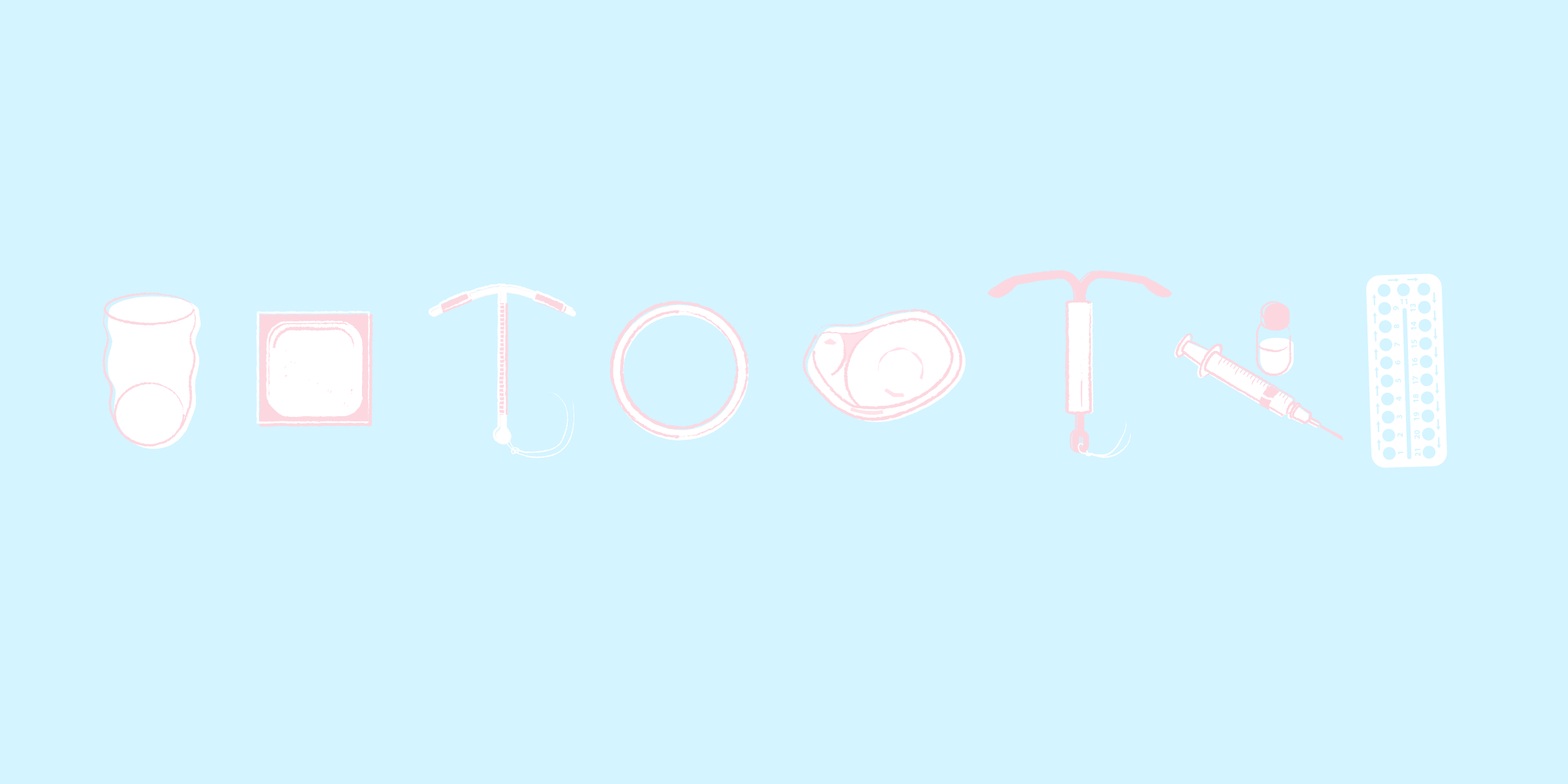Key Takeaways
- Fertility is an important topic about which many myths and misconceptions circulate.
- In this article we clarify the three biggest fertility myths.
- It is important to have sound information and observe your own body if you want to get pregnant or avoid pregnancy.
Fertility is a topic that concerns many women*, especially if they want to have a child. But there are numerous myths and misinformation that persist and cause confusion. In this blog post, we want to debunk three common fertility myths and bring the real facts to light.
Fertility myth 1: You can't get pregnant when you're on your period
This is one of the most persistent myths about female fertility. Many women* mistakenly believe that they cannot get pregnant while they are menstruating.
However, the truth is that it is possible to get pregnant during your period, although unlikely. Sperm can survive in a woman*s body for several days, and if ovulation occurs near menstruation, they can meet an egg and cause pregnancy.
Although the probability is low, you should use contraception during your period if pregnancy is undesirable.
Fertility myth 2: Ovulation occurs on the 14th day of the menstrual cycle.
Another widespread myth states that ovulation always occurs on the 14th day of the menstrual cycle. However, this is not correct. The timing of ovulation can vary and depends on several factors, including the length of the individual cycle.
Ovulation usually occurs around 12 to 16 days before the next period starts. Women* with a regular 28-day cycle might actually ovulate around day 14, but women* with longer or shorter cycles may ovulate at a completely different time.
It's important to monitor your body to determine the fertile days in your cycle, such as by watching your basal body temperature and changes in cervical mucus, or by using ovulation tests.
Fertility myth 3: You can get pregnant on any day in your cycle
Another myth that is widely held is that a woman* can get pregnant on any day of her cycle. This is not entirely true. The likelihood of getting pregnant is highest just before ovulation, as this is the time when a mature egg is released and can be fertilized by sperm. Once ovulation is safely confirmed, the egg can no longer be fertilized and you can no longer get pregnant.
Fertility is a complex topic that is often surrounded by myths and misconceptions. The three fertility myths uncovered show how important it is to have sound information about your own body. It is advisable to monitor one's cycle to gain a better understanding of fertile days, especially when planning a pregnancy.
Medically Reviewed
This text was created by medical editors on the basis of specialist medical literature and current studies. Our aim is to work scientifically, identify sources and regularly check that the content is up to date.
References & Literature
- Reed BG, Carr BR. The Normal Menstrual Cycle and the Control of Ovulation. In: Feingold KR, Anawalt B, Boyce A, Chrousos G, de Herder WW, Dhatariya K, et al., editors. Endotext. South Dartmouth (MA): MDText.com, Inc. Copyright © 2000-2022, MDText.com, Inc.; 2000.
- Obelenienė B, Narbekovas A, Juškevičius J. Anthropological and Methodical
- Differences of Natural Family Planning and Fertility Awareness-based Methods. Linacre Q. 2021;88(1):14-23.
- Mihm, M., Gangooly, S., & Muttukrishna, S. (2011). The normal menstrual cycle in women. Animal reproduction science, 124(3-4), 229-236.
You might also be interested in these articles
Kinderwunsch
Ovy App statt klassischer Eisprungrechner: Die fruchtbaren Tage bestimmen3 Min. Lesezeit





